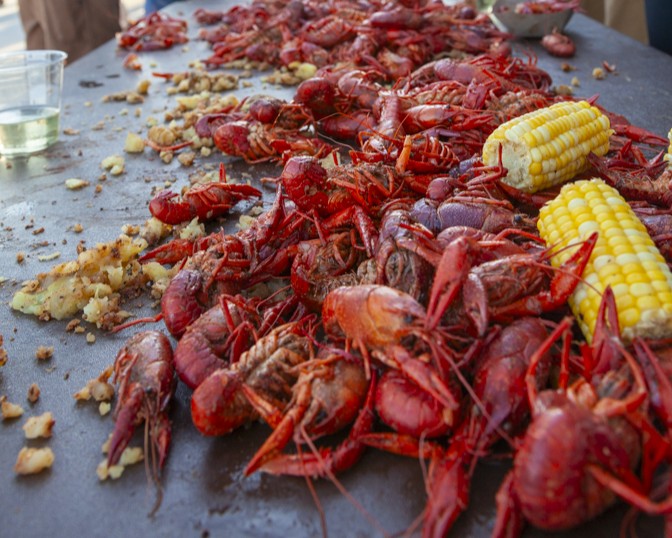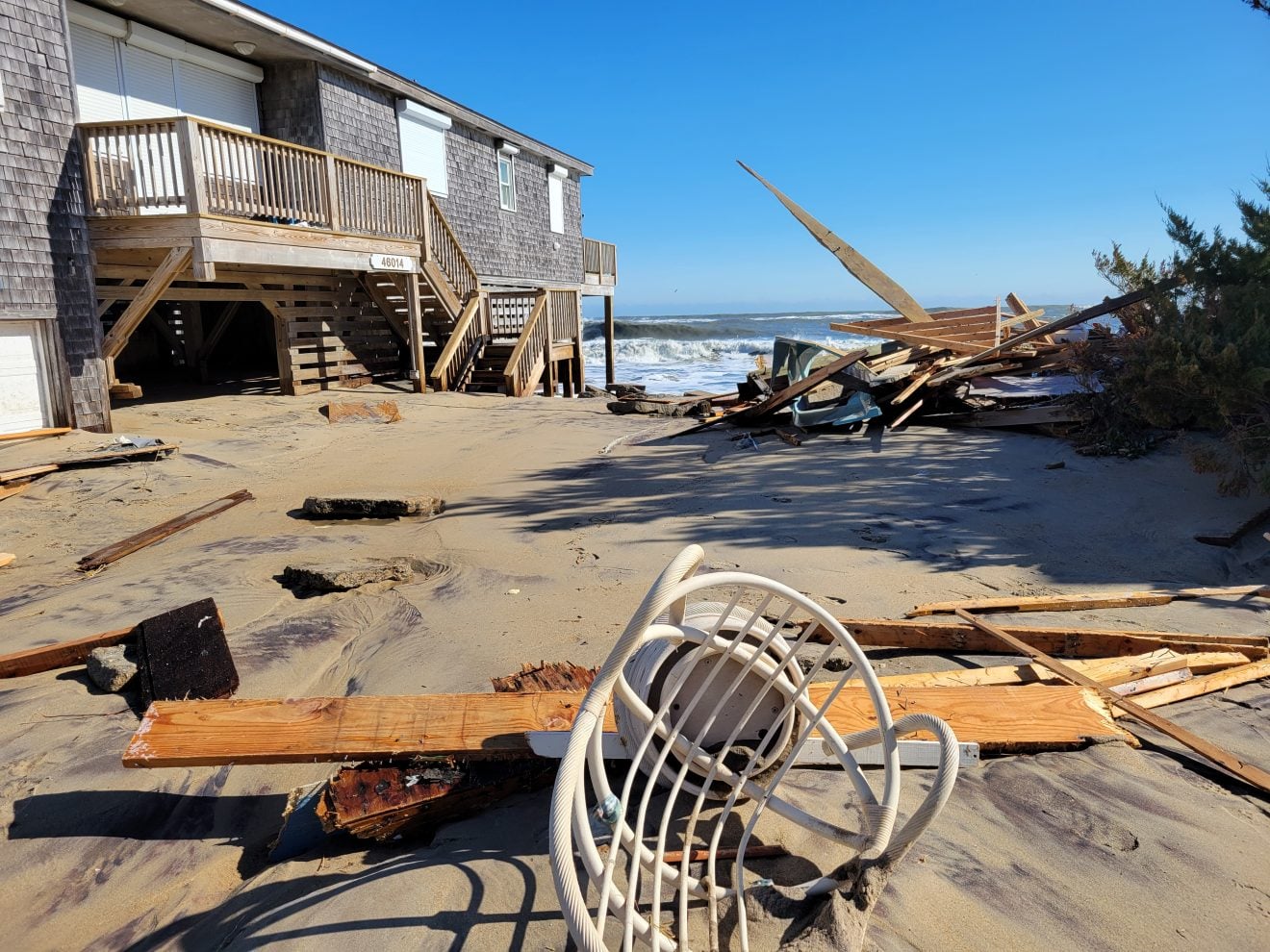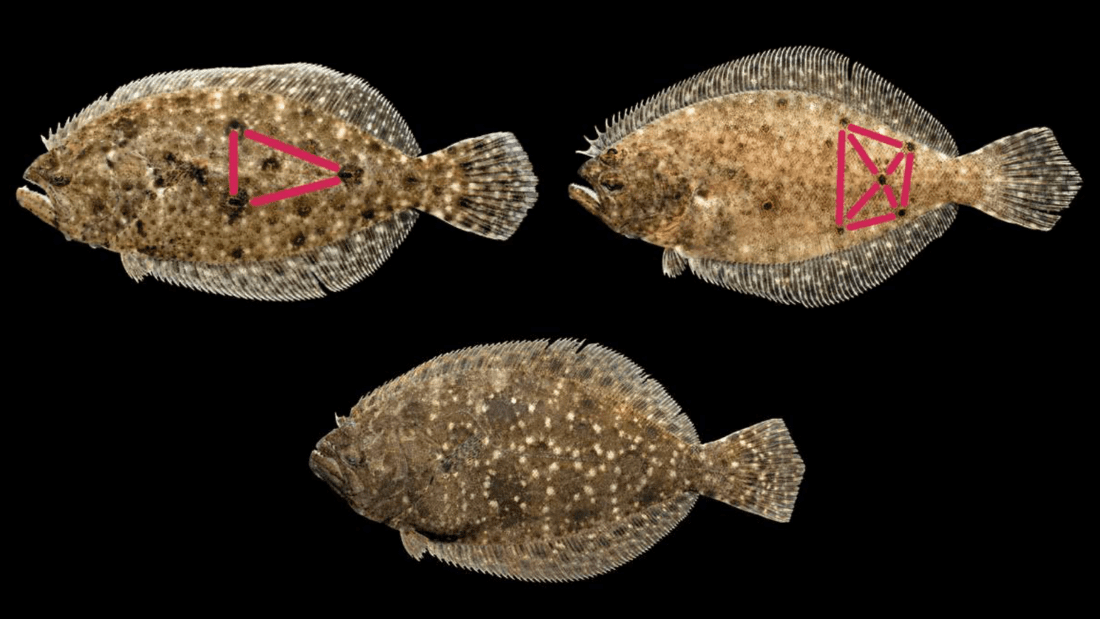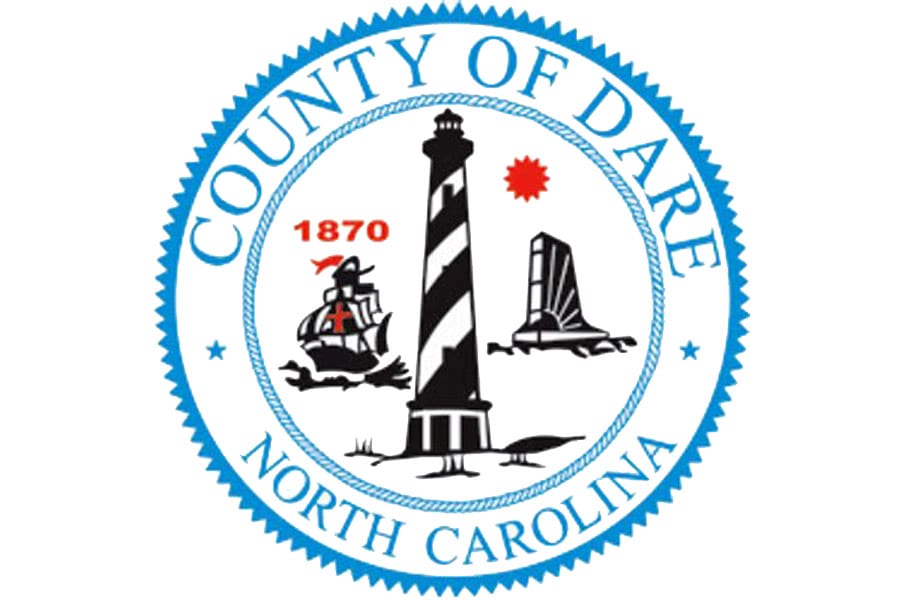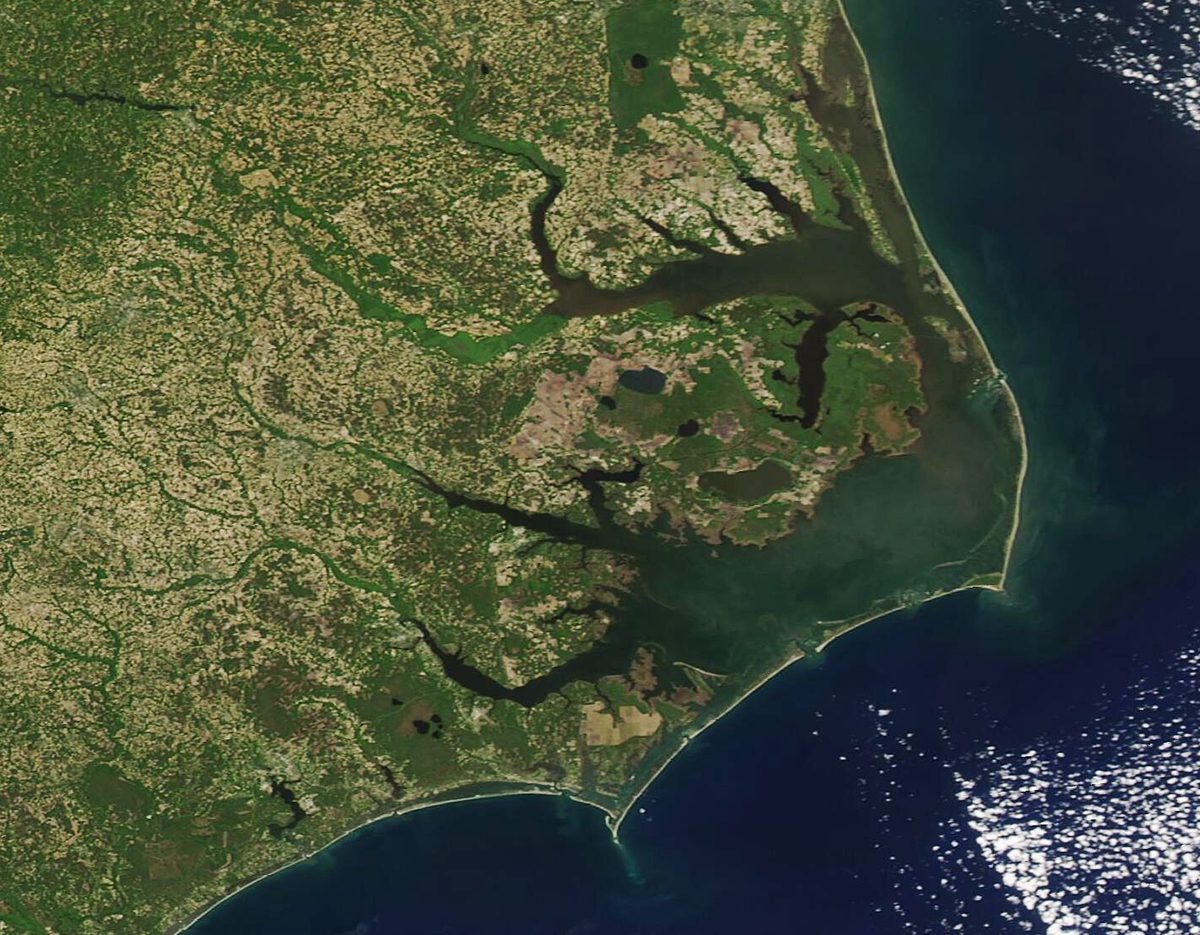
As we pause to ponder the year that was 2022 and consider our goals, or resolutions, for the year ahead, we at Coastal Review vow to our valued readers to continue our work to provide objective reporting and thorough analysis of issues important to all North Carolina coastal counties and communities.
We will strive in 2023 to further extend our reach and provide the relevant, credible, accurate and thorough environmental reporting that you have come to expect, as well as the cultural, historical and science journalism that resonates with so many readers.
Supporter Spotlight
Coastal Review has published more than 900 news items and reached more than 689,000 readers during the past 12 months, with 1.1 million page views.
In addition to our daily publication of breaking news and features, we published during 2022 more than a half-dozen special reporting series to examine relevant issues more closely.
This year included special reports on climate science and solutions as relevant to the North Carolina coast, as well as aquaculture in a changing climate; navigation and federal infrastructure spending; the five years of research and efforts to address chemical contamination of drinking water supplies in eastern North Carolina; state funding of shallow-draft inlet maintenance; the role of sustainable seafood in the American diet; and the issue of erosion-threatened houses on the public beaches of the Outer Banks. The sustainable seafood series published this year was produced in collaboration with another respected nonprofit news service, North Carolina Health News, our first joint effort.
Some of our most-read stories of 2022 have been about coastal transportation issues such as navigation, N.C. 12 and bridges, and three of our top six stories in 2022 were related to the collapse of oceanfront houses and associated issues.
Our work also earned recognition from our peers. In 2022, Coastal Review received seven awards during the North Carolina Press Association’s annual editorial contest, including first-place awards for breaking news coverage, feature photography and general news photography, a second-place award for overall general excellence and third place for appearance and design in the contest’s online-only division. Entries are judged by member journalists in other state associations.
Supporter Spotlight
Coastal Review has been a member of the North Carolina Press Association since 2015. The association works to protect the public’s right to know through the defense of open government and First Amendment freedoms and helps maintain the public’s access to local, state and federal governments.
We worked during the past year to help sustain environmental journalism as a profession. Our science freelancer Lena Beck received her master’s in environmental science and natural resource journalism this year and included her work for Coastal Review in defending her thesis. We also added fishing columnist Capt. Gordon Churchill, highlighting another important aspect of life on — and the lure of — the North Carolina coast.
Our publisher
The work of the Coastal Review staff and contributors is but one aspect of the 40 years of accomplishments of our publisher, the North Carolina Coastal Federation, which marked the anniversary by stepping up its efforts to protect and restore the North Carolina coast.
“Doing what we do best — protecting and restoring our wonderful coast — is the best way we could ever celebrate the past four decades of work,” said Executive Director Todd Miller, who founded the organization in 1982. “We’re proud that the Coastal Federation has been able to continue to make lasting strides to improve the health of North Carolina’s coastal environment.”
The work included efforts to keep coastal waters clean, maintain and expand living shorelines along estuaries, restore oyster reefs and expand shellfish farms, remove hundreds of tons of marine debris, and improve day-to-day decisions about how the coast is managed.
In terms of water quality improvements, the Coastal Federation completed a 20-year restoration at the nearly 6,000-acre North River Wetlands Preserve, one of the largest single wetland recovery projects in the nation.
The organization also restored 365 acres of wetlands in Hyde County; installed a rain garden at the University of North Carolina Wilmington that collects 200,000 gallons of runoff per year; installed a pervious paver cul-de-sac in Pine Knoll Shores that will infiltrate 14 million gallons of runoff per year; and installed a stormwater outfall retrofit in Swansboro that treats approximately 13 million gallons of stormwater per year.
The Coastal Federation worked with watermen and women and contractors to remove 652,180 pounds of large-scale marine debris from coastal waters. It worked with 48 commercial watermen and women to find and remove 1,983 lost crab pots and hosted eight volunteer cleanups that resulted in the removal of 1,200 pounds of small-scale debris. The organization worked with the N.C. Division of Coastal Management and N.C. Wildlife Resources Commission to remove 21 abandoned and derelict vessels totaling 182,860 pounds.
The Coastal Federation built a total of 1.21 miles of living shoreline at 34 sites and worked with Belhaven, Carteret County, Carolina Beach, and Fort Macon, Hammocks Beach and Jockey’s Ridge state parks, Marine Corps air stations Cherry Point and New River, Marine Corps Base Camp Lejeune, the N.C. Department of Transportation, Swan Quarter Harbor, and Morehead City to fund, design, and permit future large-scale living shorelines.
The Coastal Federation collected 2,778 bushels of oyster shells and worked with the N.C. Division of Marine Fisheries to build 7 acres of new oyster sanctuary at Cedar Island. It worked with the Natural Resources Conservation Service to offer a new cost-share program for oyster growers and partnered with Carteret County to plan a logistics hub for shellfish farmers who don’t own waterfront property.
The Coastal Federation helped Topsail Beach, Surf City, North Topsail Beach, and Wrightsville Beach in their development and adoption of ordinances to ban the use of unencapsulated polystyrene in dock construction. It hosted an Offshore Wind and Wildlife Summit to advance understanding of environmental management issues involved in siting offshore wind energy facilities. And it promoted the use of nature-based stormwater solutions to improve water quality and reduce flooding in the state funding priorities.
Support our work
While we maintain separation between our reporting and the advocacy work of our publisher, your donations to the Coastal Federation also support Coastal Review. Our objective with Coastal Review is to provide various perspectives and inform readers. Our professional journalists strive to meet the highest standards of fairness and accuracy. Our editorial decisions are made independently of the publisher and any other persons or interests.
Our publisher’s financial health, accountability and transparency have earned it a perfect score with Charity Navigator. Fewer than 1% of the thousands of charities rated by Charity Navigator have earned perfect scores.
You can support our work by joining or giving a gift membership to the Coastal Federation, by becoming a member of the CRO Press Club, or by putting your business in the Sponsor Spotlight.
We thank our donors, sponsors and Press Club members. Your support empowers us to continue to deliver the news that matters for the coast.



